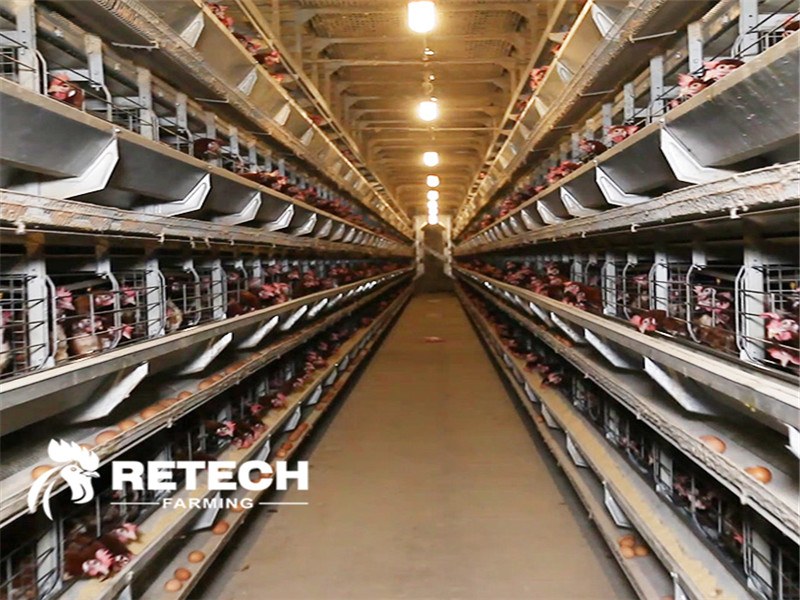Is the dramatic increase in water intake and decrease in feed intake in summer a sign of heat stress?
Heat stress in laying hens mostly occurs in sheds with temperatures over 32°C, poor ventilation, and poor hygiene.
The severity of heat stress increases with the increase in house temperature. Generally, the heat stress in laying hens is characterized by increased body temperature and open-mouth breathing, and a dramatic increase in water intake. And a significant decrease in food intake.
In severe cases, watery stools decreased egg production, and even death may occur.

fans
The prevention and control of stress in laying hens should be done from various aspects.
- Reduce the density of chicken rearing.
- Ensure sufficient drinking water. Increase the water dispenser by 5% to 10% and the water temperature should be 10℃.
- Promptly clean the chicken coop and disinfect with chickens. Use a sprayer to spray disinfectant on the chicken body, cage, and ground, and wall, which can generally lower the house temperature up to 5℃ or more.
- Reasonable use of drugs for prevention gives appropriate amounts of vitamins, cod liver oil, and other nutritional products. To help chickens grow and develop healthily, enhance immunity, and reduce stress.

chicken farm


